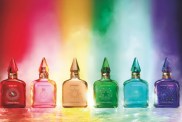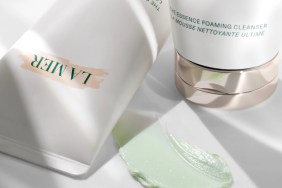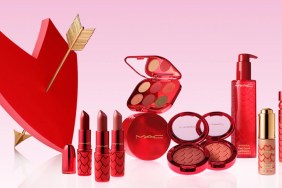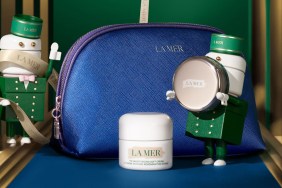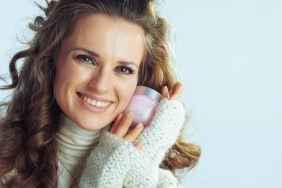It’s an unfortunate fact that many commonly used skincare ingredients can wreak havoc on skin — and don’t think just because you’re going the natural or organic route that you’re in the clear. Lavender, ylang-ylang and fragrance oils from flowers are all common skin irritants. Splurging on luxury brands won’t guarantee safety either, since irritants are as commonly found in department store products as they are in drugstore goods. To find out about the ingredients that we should try particularly hard to avoid, we turned to skincare vet and celebrity esthetician Renee Rouleau.
Mineral Oil or Petrolatum
Commonly used in moisturizers and cleansers, these ingredients suffocate the skin, contributing to a dull, tired and sluggish complexion. They can clog the pores, thereby contributing to excessive breakouts. They also trap heat, which will keep your skin red long after you get out of a hot shower.
Sodium Laureth Sulfate, Sodium Lauryl Sulfate or Ammonium Laureth Sulfate
Often used in foaming and gel cleansers, these are extremely drying and irritating and encourage dead skin cell buildup. Instead, choose either cleansing lotions or gel cleansers free of these harsh ingredients; they will effectively deep clean the pores but will not rob the skin of much-needed water.
SD Alcohol 40 or Denatured Alcohol
Frequently used in astringents and toners, these ingredients will cause dead skin cell buildup, which can trap oil and contribute to breakouts. They also strip water out of the skin, deleting the moisture essential for anti-aging. Always choose alcohol-free toners.
Fragrance
Often used in skincare products, fragrance is the number one cause of allergic reactions to products. The words “fragrance,” “parfum” or “perfume” will be listed near the bottom of the ingredient list.
Isopropyl Myristate or Isopropyl Palmitate
Commonly used in cleansers and moisturizers, these ingredients will clog pores, leading to excessive blackheads and breakouts.
Acetone
Frequently used in astringents and toners, acetone is extremely drying and can cause severe irritation.
Lanolin
Often found in older-formula moisturizers, lanolin can be a skin sensitizer and can aggravate breakouts.
Apricot Kernels
Often found in facial scrubs, these naturally-made particles can scratch and irritate the skin causing the spread of bacteria.
Polyethylene
Plastic beads used in facial scrubs, such as polyethylene, slip through water treatment plants and can cause damage to marine life.
Phthalates
Phthalates are commonly used in synthetic fragrances and may disrupt hormones.
Parabens
Parabens are very controversial. The original study in 2004 that started the controversy about parabens now holds no valid conclusion to the argument about parabens causing cancer, and the FDA, the National Cancer Institute and the American Cancer Society have now all come forward publicly to state there is no proof of a linkage between parabens and cancer. The scientific reason is that parabens do not act as estrogen disrupters. Once they are applied to the skin, they become a metabolite, which is non-estrogenic. That said, there is more research needed. See here for a closer look at parabens.


